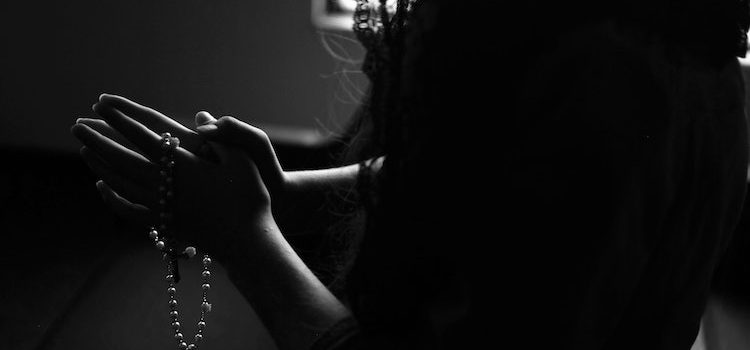

This article is an excerpt from the Shortform book guide to "The Road Less Traveled" by M. Scott Peck. Shortform has the world's best summaries and analyses of books you should be reading.
Like this article? Sign up for a free trial here .
What is the relationship between religion and mental illness? Is a belief in God a sign of psychopathology?
Psychiatrist M. Scott Peck explores the connection between religion and mental illness in his book The Road Less Traveled. Examining the stories of two different women—one a theist and the other an atheist—Peck determines that dogmatism, rather than particular beliefs, is a more likely cause of psychopathology.
Read more to learn about the connection between religion and mental illness.
The Relationship Between Religion and Mental Illness
Some people argue that believing in God is a sign of mental illness.
For example, one of Peck’s patients, Kathy, grew up with such an absolute belief in God that it eventually led her to a mental institution. She grew up with a very religious mother and married young to a man who treated her generously but did not seem interested in her sexually. She began to fantasize about being unfaithful, and her belief that God would punish her for her thoughts sent her into a mental breakdown. As she examined the source of this belief (her mother) she began to discard what no longer resonated and eventually built a life that felt right to her, sans religion.
Kathy’s case could indicate a troubling connection between religion and mental illness. However, there are also cases that suggest that it is dogma, not a belief in God, which forms the root of psychopathology as it pertains to religion.
Consider the case of a young woman named Marcia, whose upbringing, rooted in atheism, caused her world to become cold and narrow. When she began to blossom into a warmer, more open-hearted version of herself, a belief in God arose organically and enriched her life.
Both Kathy and Martha suffered primarily as a result of the absolutism inherent in their respective beliefs (catholicism versus atheism) and experienced relief as they allowed their perceptions to expand. Given this, dogmatism may indeed be the true root of psychopathology.
The relationship between religion and mental illness is understood better when we drill down and look at the specifics.

———End of Preview———
Like what you just read? Read the rest of the world's best book summary and analysis of M. Scott Peck's "The Road Less Traveled" at Shortform .
Here's what you'll find in our full The Road Less Traveled summary :
- The four key elements in the path to enlightenment
- The importance of spiritual competence in relation to mental health
- How you can face challenges and grow through hardship






